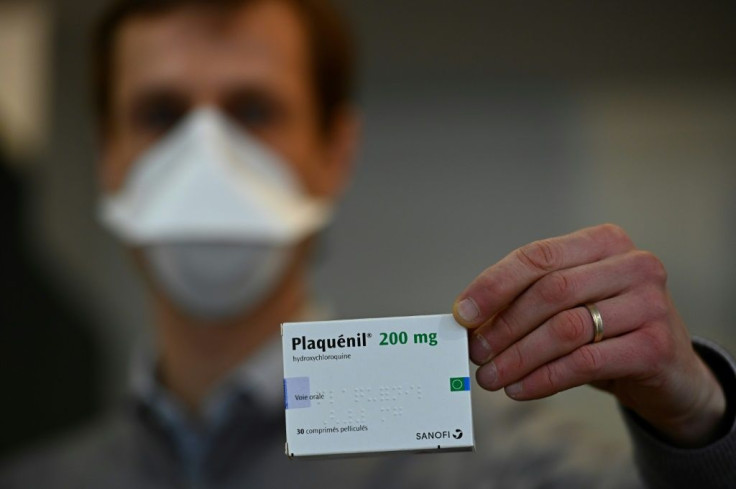Coronavirus Drug Side Effects: What To Know About Hydroxychloroquine, Remdesivir

As the world continues to contend with the pandemic of coronavirus, medical experts are quickly working to find a cure or treatment. Two potential treatments, in particular, have shown promise in recent tests, but at this stage, it is too early to be sure about them as safe treatments and studies appear to indicate some troubling side effects.
Hydroxychloroquine, an anti-malarial drug infamously touted by President Trump as a cure for the virus, has been found to have dangerous side effects. French researchers have found that the drug can have a negative impact on the heart, as it has observed 43 heart-related incidents in patients that take it.
“This initial assessment shows that the risks, in particular cardiovascular, associated with these treatments are very present and potentially increased in COVID-19 patients. Almost all of the declarations come from health establishments,” the French drug safety agency said in a statement. “These drugs should only be used in hospitals, under close medical supervision.”
While the potential benefits of the drug have definitively not been ruled out, experts urge patients not to take it without professional recommendation and guidance.
Some have described the worst side effects of the drug for patients with heart conditions as “drug-induced cardiac arrests. Other observed side effects include severe headaches, cramps, vision loss, diarrhea, dizziness, muscle weakness, hair loss and more.
Elsewhere, California-based biotech company Gilead Sciences has released a new report on the potential benefits of the Remdesivir for coronavirus patients. In a study of 53 patients with severe cases given the drug as a last resort, 36 showed improvements. It was also observed of the 30 patients on ventilators before taking Remdesivir, 17 were able to be taken off the devices.
Among the remaining patients, eight worsened, seven died, and two showed no difference. While the study was limited, researchers at Gilead are hopeful, as these results show a decreased rate of death for patients with severe cases of COVID-19, down from at least 17% in China to 13%. Some of the observed side effects included diarrhea, hypotension, rash, and renal issues, but nothing as yet severe as the cardiac troubles found with hydroxychloroquine.
© Copyright IBTimes 2025. All rights reserved.





















